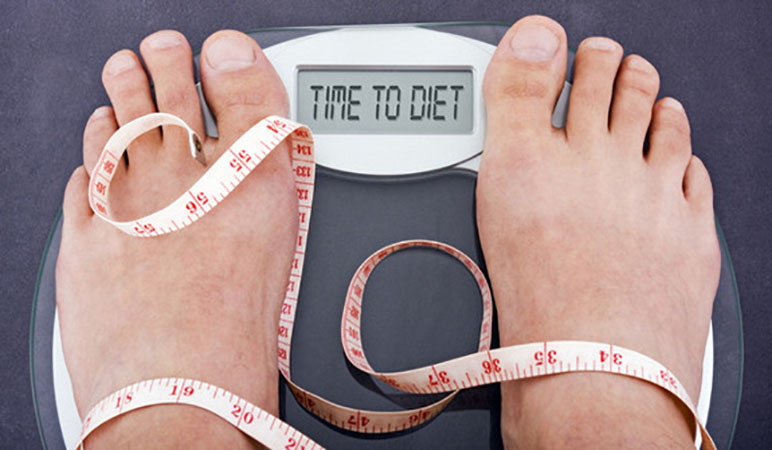
Hair loss and lifestyle changes are intricately linked, and understanding how diet, exercise, and stress management influence hair health is crucial for combating hair loss. This comprehensive guide delves into the compelling relationship between these factors and offers practical strategies to address hair loss concerns. We’ll explore how dietary choices, physical activity, and stress reduction can directly impact hair follicle health and overall hair growth. This article will be structured to cover the impact of diet on hair health, the significance of exercise, and the role of stress reduction in maintaining healthy hair follicles. Through specific examples, statistics, and expert insights, we’ll empower you to take proactive steps towards managing your hair loss and promoting a healthier head of hair.
The Impact of Diet on Hair Health
Nutritional Needs for Hair Growth
A balanced diet that provides adequate protein, vitamins, and minerals is paramount for maintaining healthy hair. Protein is essential for hair structure, and deficiencies in this crucial macronutrient can lead to hair thinning and breakage. Iron deficiency, for example, can contribute to hair loss as it plays a vital role in oxygen transport throughout the body, and oxygen is needed by hair follicles for healthy growth. Sufficient intake of vitamins like biotin (vitamin B7), vitamin C, and vitamin D, as well as essential minerals like zinc and iron, are essential for hair health and growth.
Specific Nutrients and Hair Growth
Consuming foods rich in protein such as lean meats, poultry, fish, eggs, and legumes, contributes to hair strength and growth. Additionally, incorporating fruits and vegetables rich in vitamins and minerals will ensure optimal hair health. For example, leafy green vegetables are rich in iron and other minerals necessary for healthy hair. Biotin, often associated with hair growth, can be found in foods such as eggs, nuts, and seeds.
Dietary Deficiencies and Hair Loss
A deficiency in specific nutrients can also contribute to hair loss. Iron deficiency, a common condition, often manifests as hair thinning or loss, and deficiencies in other vitamins and minerals can also negatively affect hair growth. Iron deficiency is a common cause of hair loss in women due to menstrual blood loss, and it is important to get it checked out by a doctor, if needed.
Related Post : Hair Loss and Body Image: Reclaiming Confidence and Self-Acceptance
The Role of Exercise in Managing Hair Loss
Exercise and Stress Reduction
Regular exercise is not only beneficial for physical health but also for stress management, which plays a key role in hair health. Stress hormones can disrupt the hair growth cycle, leading to hair loss and other health problems. Exercise helps in reducing stress levels by releasing endorphins, natural mood boosters that promote relaxation.
Exercise and Blood Circulation
Exercise improves blood circulation throughout the body, including the scalp. Increased blood flow delivers essential nutrients to the hair follicles, fostering healthy hair growth and minimizing hair loss. Regular physical activity strengthens the circulatory system, delivering essential nutrients to the hair follicles and promoting hair growth.
Stress Management Techniques for Preventing Hair Loss
The Connection Between Stress and Hair Loss
Stress is a significant factor in hair loss, as it can disrupt the natural hair growth cycle. Prolonged stress can trigger telogen effluvium, a condition where hair follicles enter a resting phase prematurely, causing noticeable hair shedding.
Practical Stress Management Strategies
To mitigate stress and its impact on hair, incorporating stress-reducing techniques like meditation, yoga, or deep breathing exercises can be highly effective. These practices help in calming the nervous system and reducing the production of stress hormones that can lead to hair loss. Stress management techniques, such as mindfulness and relaxation exercises, can play a crucial role in supporting hair health by reducing the negative impact of stress on the body.
Professional Guidance and Personalized Approaches
Consulting a Dermatologist or Trichologist
When experiencing hair loss, consulting a dermatologist or trichologist is crucial for accurate diagnosis and personalized treatment options. These professionals can assess the underlying causes of hair loss and recommend appropriate treatments tailored to individual needs. Consulting a healthcare professional is essential to rule out underlying medical conditions that could be causing hair loss.
Hair Loss Treatments: Medication or Other Options
A dermatologist or trichologist can evaluate your hair loss to determine whether medication might be an effective treatment option. Options include topical medications, oral medications, or other treatments such as hair growth serums or supplements. These choices may vary greatly depending on the individual and should be reviewed and discussed with a medical professional to make sure it’s the best course of action.
Conclusion of Hair Loss and Lifestyle Changes
In conclusion, addressing hair loss often involves a multifaceted approach combining lifestyle modifications with professional guidance. Focusing on a balanced diet rich in essential nutrients, incorporating regular exercise to reduce stress, and actively managing stress levels can significantly contribute to hair health. Consulting a dermatologist or trichologist is crucial for proper diagnosis and personalized treatment options. By incorporating these strategies into your daily routine, you can potentially improve hair growth and overall well-being. Take the first step today by scheduling a consultation with a healthcare professional to embark on a journey towards healthier, fuller hair.